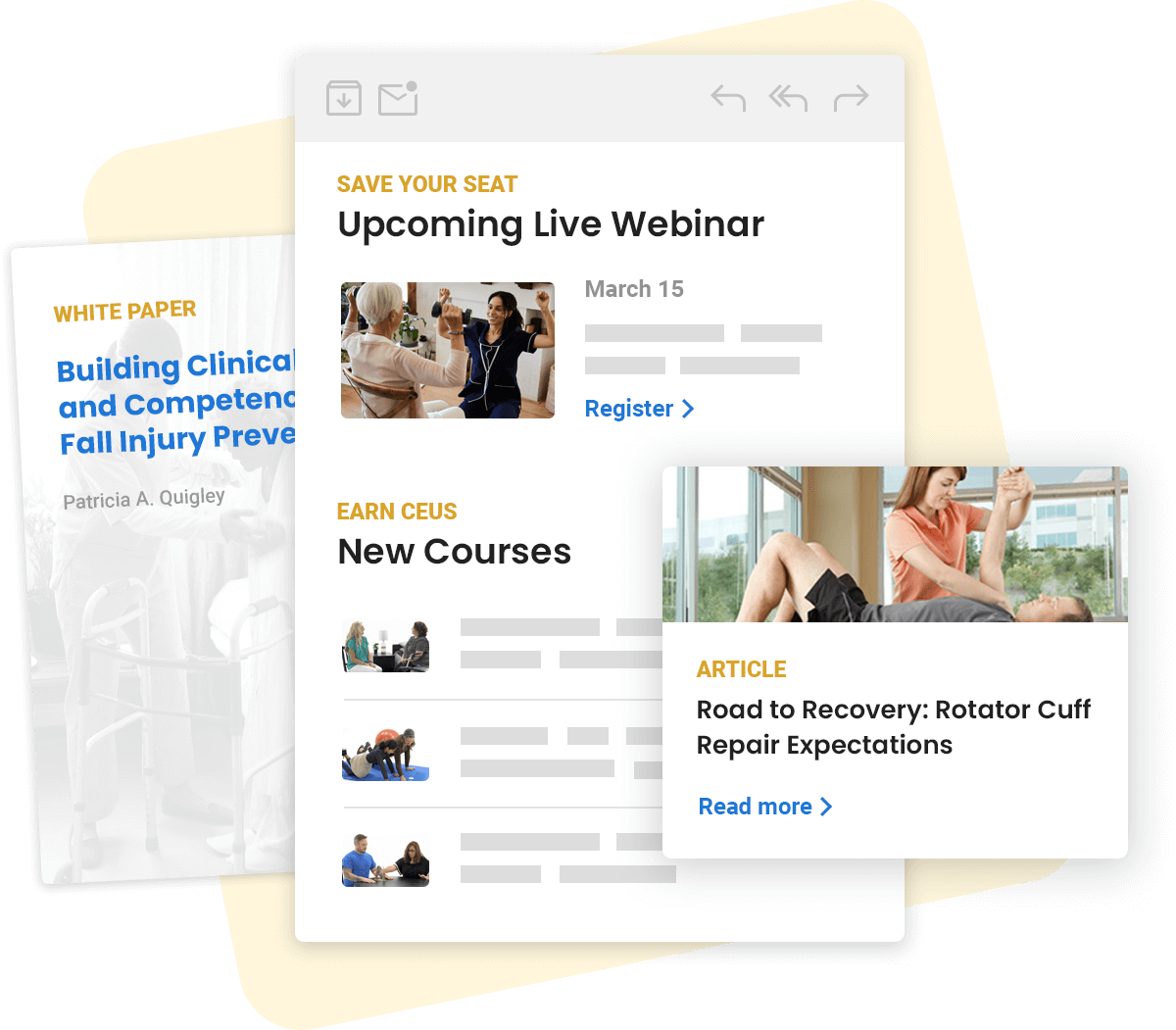Healthcare Compliance Training: What You Need to Know

What is Compliance Training?
Compliance training is the process of educating employees on the relevant laws, regulations, best practices, and policies that are necessary to safely, ethically, and legally conduct the duties they’ll be performing in the workplace.
Compliance training is required in all regulated industries, and there are generally two types: workplace, which is dictated by the individual place of business and includes company codes of conduct; and regulatory, which is required by state or federal law. Required regulatory compliance training will differ based on the type of workplace, but may include:
- Anti-Harassment Training
- Workplace Safety (such as OSHA)
- Information Security Training
- Diversity Training
Which compliance training is required in the healthcare field?
Workplaces in the healthcare field, or those that deal with protected health information (PHI), will have their own set of regulatory requirements. In most cases, that includes training on the Health Insurance Portability and Accountability Act of 1996, or HIPAA. HIPAA is a federal law that requires the protection of sensitive PHI from being disclosed without the patient’s consent or knowledge, and is required for all workplaces that have access to PHI.
How often is compliance training required?
Annually. Compliance training is generally conducted at onboarding, and then each subsequent year of employment. While federal laws like HIPAA, for example, require annual training, compliance programs should also be supplemented by refresher training and reminders throughout the year. This will help your staff keep compliance top of mind and ensure your organization is operating ethically and lawfully.
Why is compliance training important?
Healthcare compliance training is an essential component of any medical organization. It functions as a safeguard to protect the organization from legal penalties, protect the employees by educating them about the rules and regulations of their job, and protect their patients from potential harm caused by negligence or poor training. Compliance training is required for organizations to legally operate, and these programs can also reduce the occurrence of sanctions and financial penalties.
What are the penalties for non-compliance?
Because compliance is a legal requirement, you can’t run a healthcare organization without a comprehensive compliance training program. The penalties for non-compliance can include:
- Fines
- Revenue loss
- Loss of license
- Legal disputes
- Damage to an organization’s reputation
These penalties can be especially severe for healthcare organizations or those that handle protected health information. For example, healthcare organizations without HIPAA compliance can receive higher penalties for breaches.
What are the benefits of compliance training?
While it’s easy to focus on the penalties associated with non-compliance, there are also many wonderful benefits to compliance training! These benefits can include:
- Maintaining a safe and ethical workplace
- Reducing the cost of care
- Improving the quality of care
- Enhancing business reputation
- Reducing the risk of failed audits
- Minimizing risk of legal action and penalties
- At the end of the day, compliance training helps your business run efficiently, effectively, and ethically.
How can MedBridge help with compliance training?
The MedBridge Compliance Training Solution helps safeguard your organization and mitigate risk with the tools and training you need to standardize new-hire and annual compliance training, automate assignments and reports, and maintain a safe and ethical workplace. Additionally, creation and maintenance of proprietary training is costly, and MedBridge’s pre-built library of best-in-class education can save organizations time and money when addressing their compliance needs. Our compliance solution enables you to:
- Boost adherence and knowledge retention with engaging training.
- Streamline your compliance training with automated enrollment and assignment.
- Identify employees at risk for non-compliance with reporting and automated notifications.
- Be prepared in the event of an audit with proper documentation.
MedBridge helped MOTION PT Group improve compliance training, staff engagement, and onboarding processes through:
- Using MedBridge Knowledge Tracks to streamline training and onboarding across multiple locations
- Enabling stronger communication between staff across multiple locations
- Engaging staff with powerful online continuing education resources
- Meeting regulatory requirements with impactful compliance training resources
Since partnering with MedBridge, MOTION PT Group has experienced improved and streamlined training processes for non-clinical requirements such as compliance and ethical issues. MOTION PT Group has included MedBridge compliance training in its Knowledge Tracks for staff to mitigate risk and meet regulatory requirements, and reported that 80 percent of staff feel MedBridge has eased compliance maintenance.





